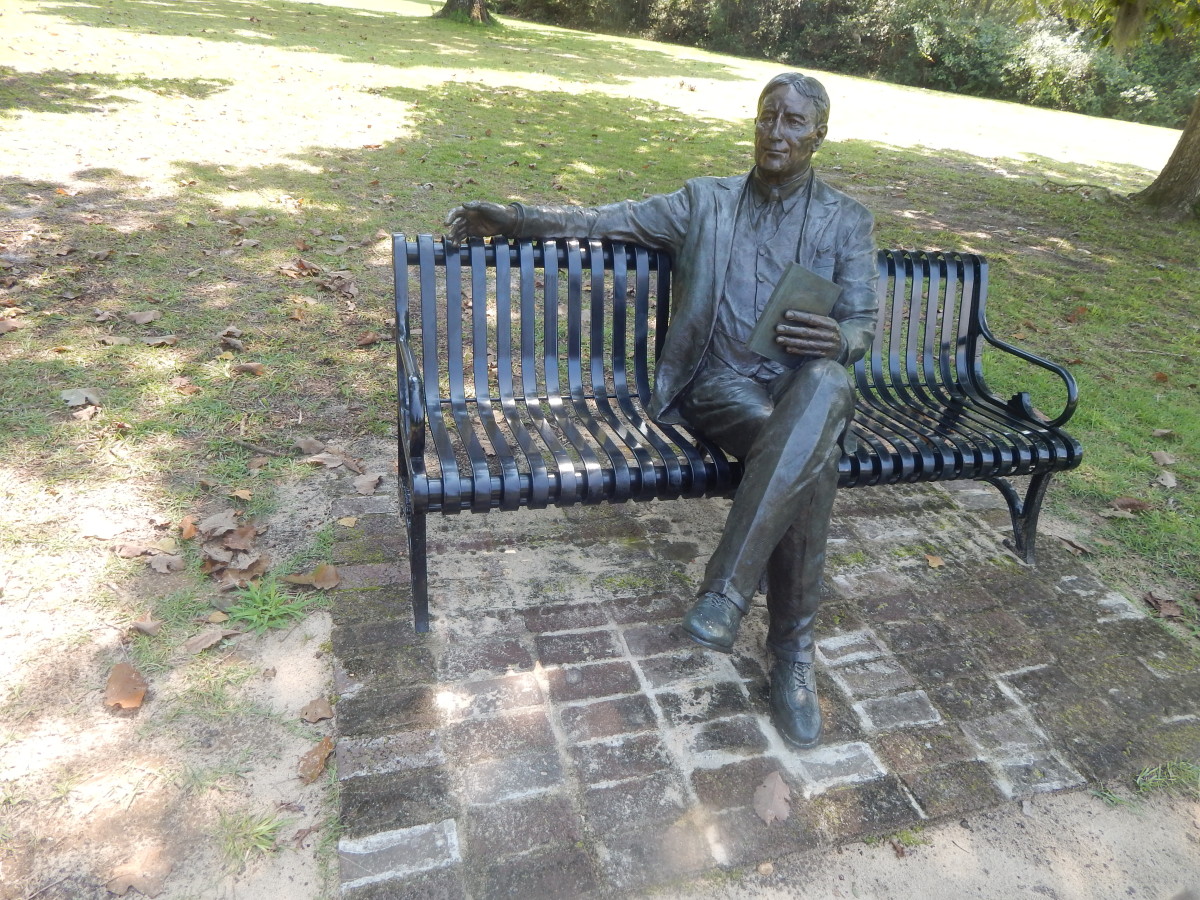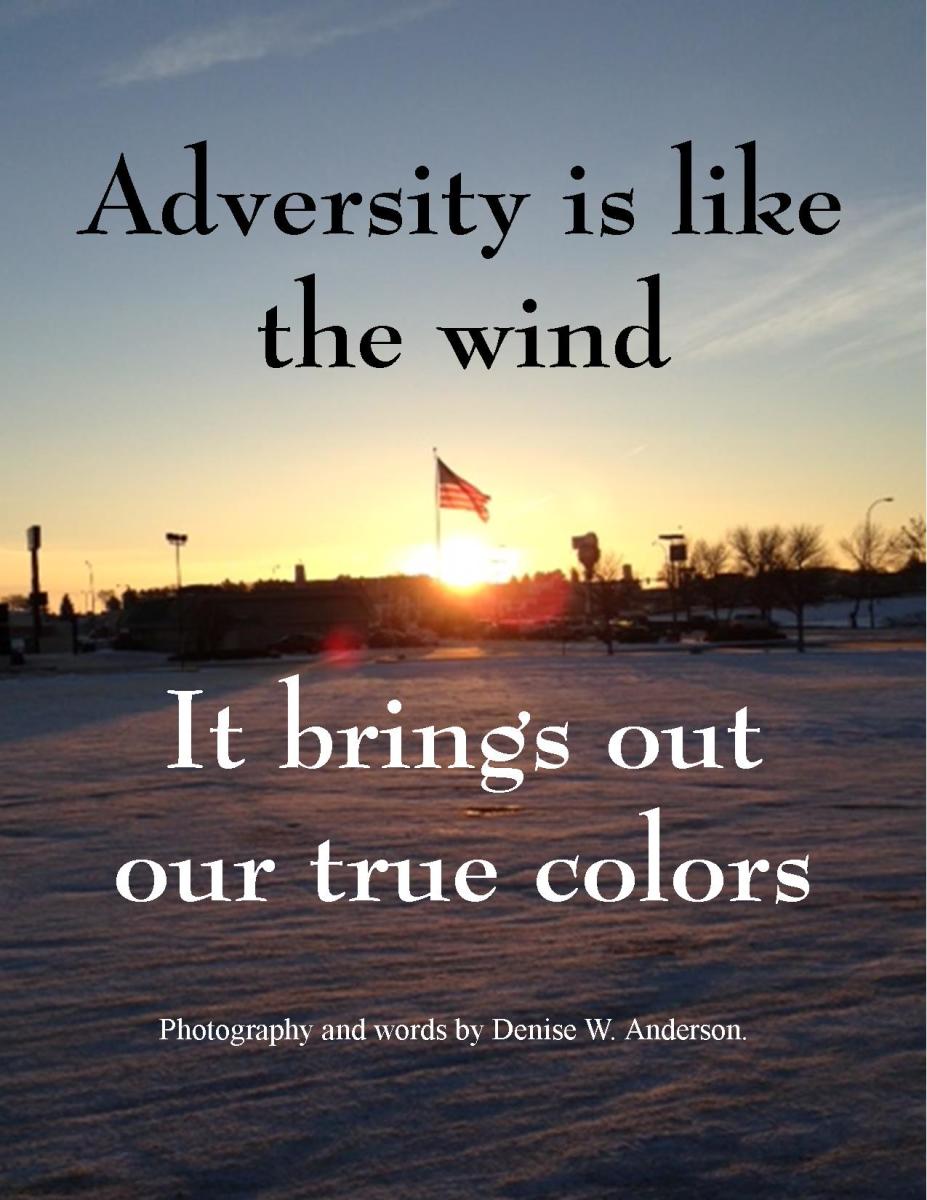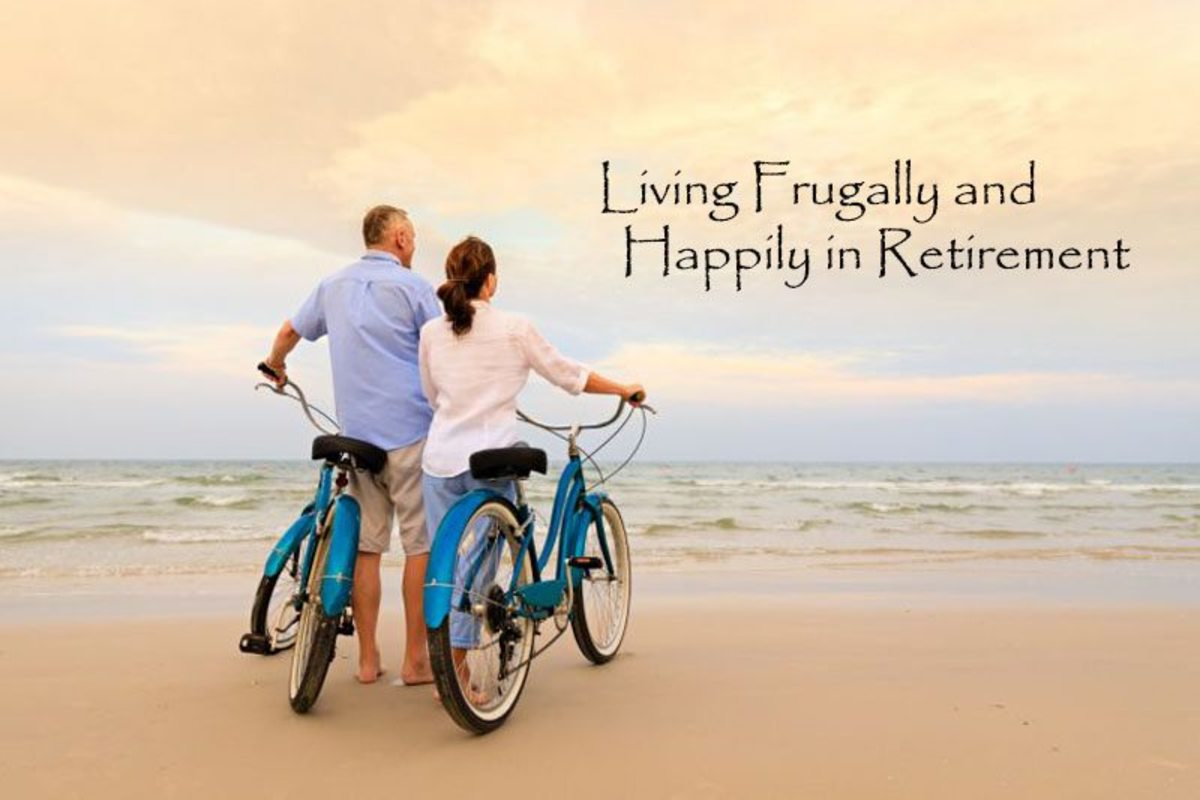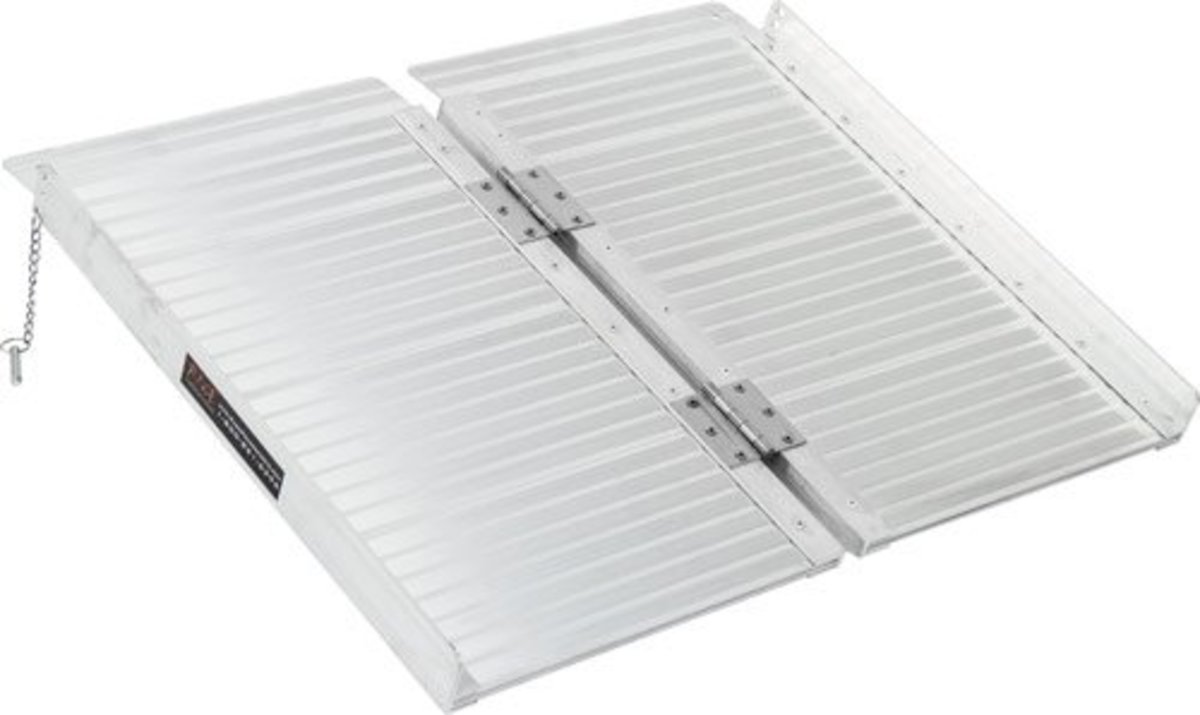Work Support Network: Emergency Planning for Seniors and People with Disabilities
Last, but far from least, is your work support network. I know many people are concerned about revealing too much of their medical history or health issues in a work setting.
You don't want to be perceived as weak or unfit for the job. Sometimes that is a legitimate and rational concern. Hopefully, you work, as I do, in a supportive environment. I have had to leave work once or twice over the last 15 years in an ambulance but there have been no repercussions.
That being said, I work hard to be at work. However, I do know that an emergency at work will be handled differently than one at home.
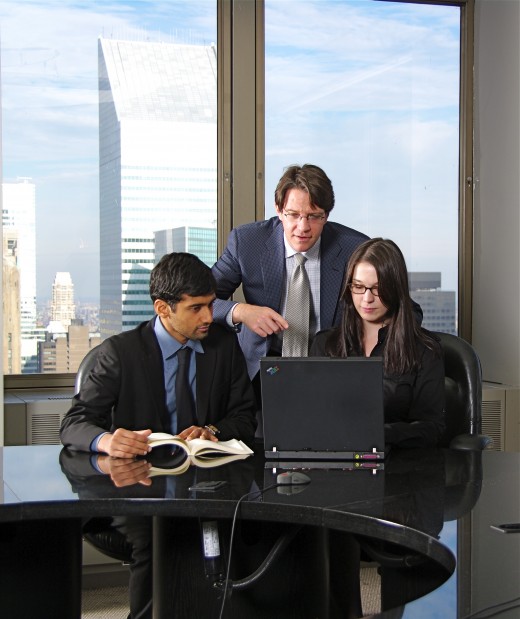
Think About This
Think about it this way; would there have been a problem getting you out of the World Trade Towers on September 11, 2001?
If you have a mobility impairment
- Does someone at work know how to help you?
- Can you get by with crutches or a cane?
- Where are the exits?
- Can you open the emergency doors on your own?
- Can you get from your office to the outside without assistance?
If you have asthma or diabetes or some other condition
- Does someone at work know how to assist you if there is a problem?
- Do you keep your medication with you?
- Is the dosage clearly marked?
- Who is your primary care physician?
- Who can they call if you can't speak for yourself?
I remember reading a story after 9/11 about a man who stayed on one of the upper floors because a coworker in a wheelchair could not get out. They both died. I don't want that to be me and I don't want it to be you.
I teach so the school nurse has a full medical history, list of my doctors, and list of all my medications on file. I keep her apprised of any major changes in my situation. If that's not possible for you, then try to find a friend or coworker who can be your emergency buddy. Failing that, keep complete information about yourself in your purse or desk drawer.
Information and Preparation
As I mentioned above, my school nurse has all my information. However, I also keep a copy in my wheelchair desk, on my Kindle, and in my car. There is a link at the end of this article to download blank forms like the ones I use. Adapt them to your needs. They should work in most Microsoft Word programs. Information is power and sometimes information is safety.
In emergencies, it also helps everyone if you are open about your needs and limitations. Tell people that you need help and then tell them how to help you. “Put your hand under my leg.” “Don’t pull on that arm.” “The wheelchair folds up this way and not that way.” Keep your tone friendly and helpful but be clear and precise.
Slow Down
Sometimes, you’ll have to slow people down. It is my experience, that the helpers often panic as well and can do things to hurt themselves and me by rushing. I have found that if you sound like you know what you are talking about then most people will settle and listen to you.
As a rule, I don’t advocate yelling. However, I have had to resort to that just to get the people around me to be quiet and listen. Try to be the calm voice BUT know what you are talking about.
As a last word, don't begin to think that even this level of planning will solve all your problems and emergencies. It won't. However, emergency planning does engender a way of thinking about emergencies and that will help you through the ones you don't see coming.
This is not meant to be an endorsement, just a demonstration.
Links to Safety
- Medical Information Forms to Download
This link will take you to a website where you can download medical forms that will help you keep track of your medical history, prescription medicines, and list of physicians. Complete the forms and keep them with you to simplify medical visits. - HELPU Fire Life Safety
Great site on safety for people with disabilities.



